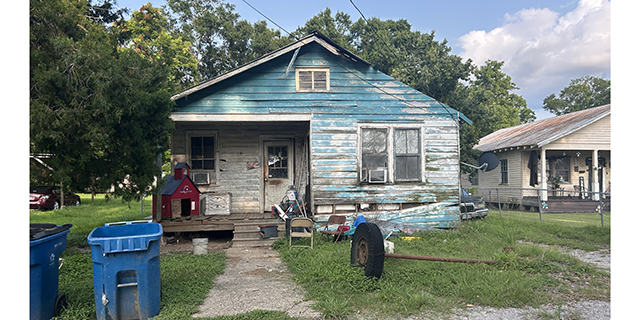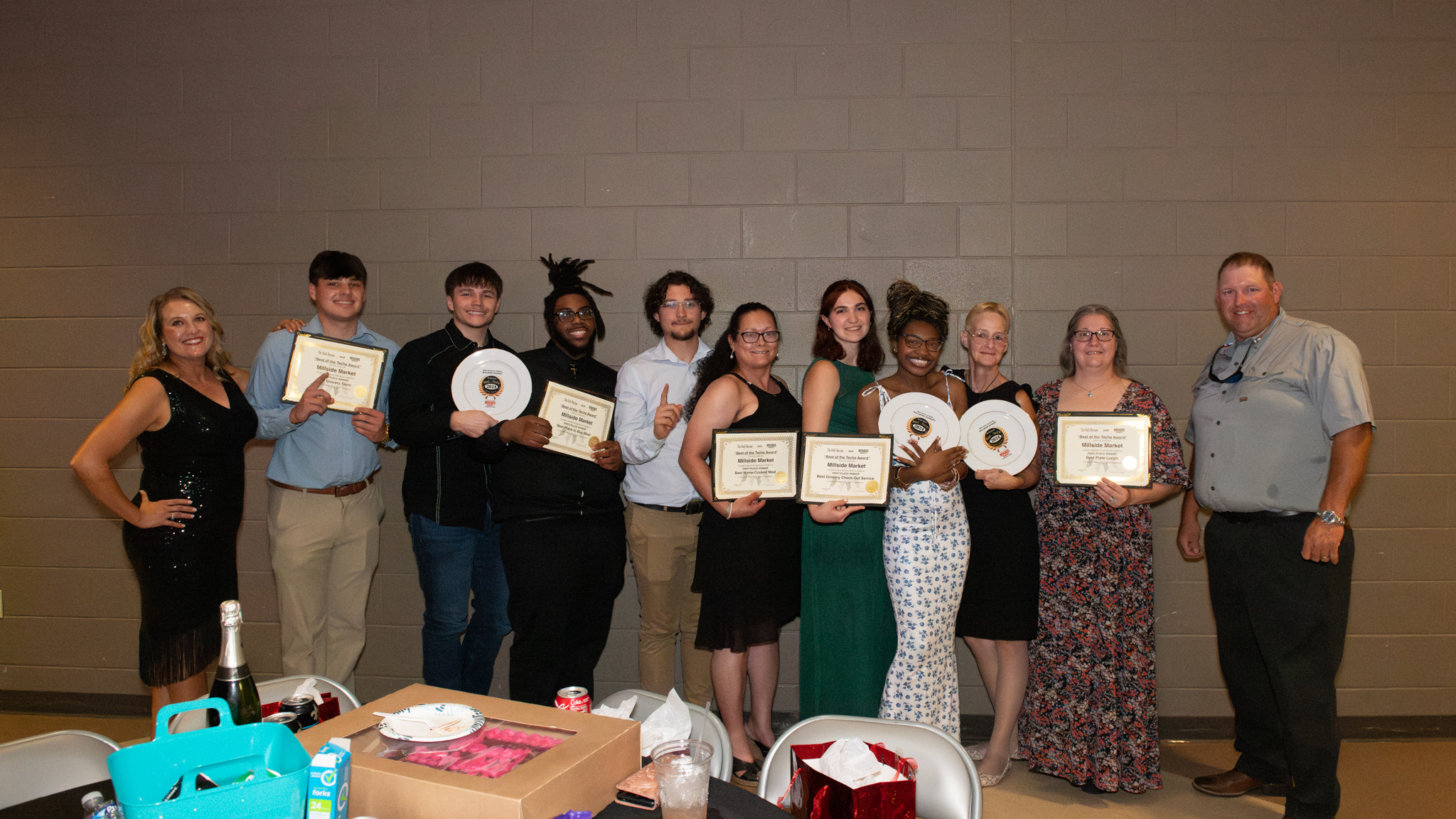Judge Desonier, a woman ahead of her time
Published 6:00 am Sunday, March 20, 2022
There was a time before financial safety nets, like IRAs, pensions, Social Security, and Medicare, when people had to be self-reliant, especially women. If one were left a widow at an early age, she had to make her own way in the world. In most cases, it was due to economic necessity or a feeling of duty.
In the case of Amelia Mouret Desonier, affectionately and respectfully known as “Mrs. Desonier” or “Judge Desonier,” it was a little of both. Born in 1881, the mother of eight children, she was married to Alcide Desonier, a businessman who was an elected Justice of the Peace in Jeanerette in 1899. Amelia found herself widowed in 1945 at age 64, alone and in failing health with limited resources. How was she going to support herself and a big, two-story house where she had reared her family? There were expenses and responsibilities that rested solely on her shoulders.
The first step she took was to complete her late husband’s term as Justice of the Peace, which is sometimes customary. Then, when election time in Iberia Parish came around, she decided to run for the position…and she won! The voters knew her and probably felt her capable of performing all the required duties. Thus, for each subsequent election until her death in 1966, she ran each time and was reelected as Jeanerette’s Justice of the Peace. Given society’s attitude toward women at the time, this was a remarkable accomplishment! Not many women held elected posts at that time.
Mrs. Desonier was always available to her constituents and neighbors at her home one block off Main Street. Being a notary public in addition to her judicial duties, she could notarize legal documents and did so at all hours of the day or night. For young couples who were in need of a quiet ceremony or who lacked funds for a big wedding (or were wanting to elope), she was the official who could make their wishes come true. Many came knocking late at night, eager to tie the knot.
The story is told that after performing the nuptials, she would offer cookies and lemonade to make the simple ceremony feel festive.
All these things would have been appreciated by her constituents, but it was even more remarkable considering the fact that Mrs. Desonier was a semi-invalid. For the most part, she was confined to a large armchair in her living room due to diabetes and rheumatoid arthritis. To properly perform her duties, she would place a wide board across the arms of her chair thus making it her desk, her office, and her bench for judicial matters. Her physical presence (she was a large woman) and her serious demeanor gave the impression that whatever she did was done professionally.
Mrs. Desonier was careful to hide her real nature while minimizing her physical limitations. She was a woman who smiled a lot, was happy, and loved to laugh, says someone who visited her home with her grandchildren. Hers wasn’t the shy, serious, or reserved personality one might expect of a judge. She was a woman of the world, even though her world consisted mostly of her family, her live-in caregiver, and her living room where she could hold court.
As a person who could manage responsibility, she was eager to teach responsibility to others. Often someone would come to her for financial help. “Can I borrow $20, Mrs. Desonier?” they would plead, thinking her an easy touch.
Her answer was clear and serious. “Yes, you may, if you promise to pay me back. It may be one dollar a week, but this loan must be repaid!” She was teaching responsibility to those who might not have learned it otherwise.
Mrs. Desonier had personal relationships with people of all walks of life, including state and local politicians, who would appeal to her to lend her support to their candidacy every time elections rolled around. Today that position is called a community organizer; that’s what she was. When she died in 1966, the church assemblage included men and women dressed in expensive suits who were there to pay their respects and to repay her for her patronage.
And seated in the far corners of the church were those to whom she had loaned a few dollars and to whom she had taught by example some important lessons in responsibility, independence, and loyalty.





